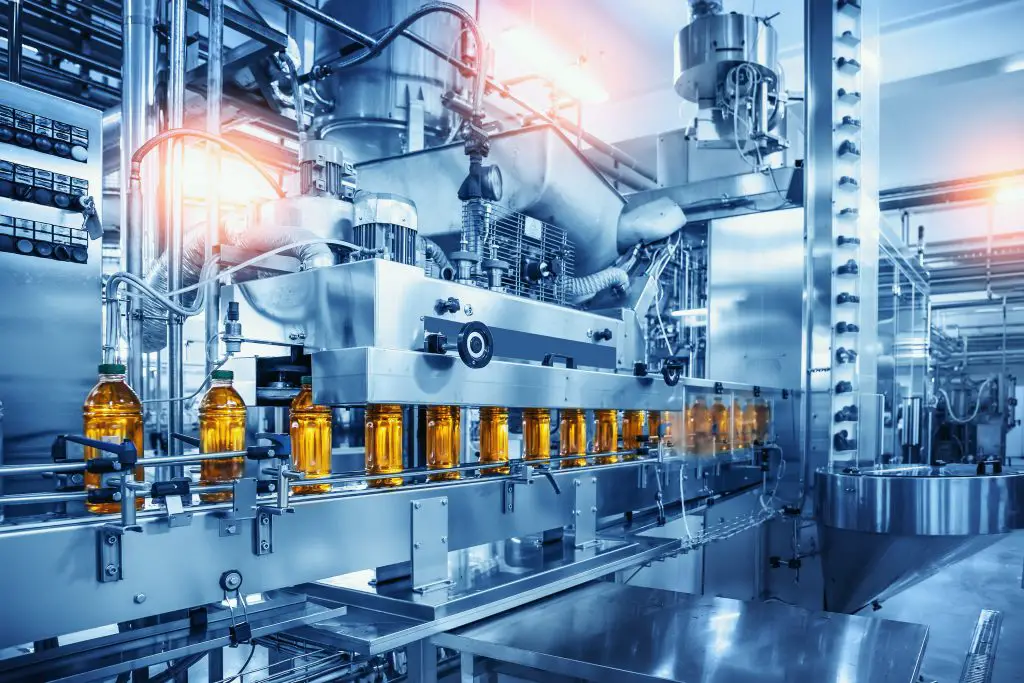Maintaining optimal temperature control and hygiene standards during food processing is of utmost importance in the food industry. Insulated food process areas are vital in creating controlled environments that ensure food safety, quality, and efficiency. For businesses in Victoria, Australia, PR Coolstores offers state-of-the-art insulated food process areas designed to meet strict regulatory requirements. In this article, we will explore the benefits and features of insulated food processing areas in Victoria and how they contribute to the success of food-related operations.
Importance of Insulated Food Process Areas:
a. Temperature Control: Insulated food process areas provide a controlled environment, allowing businesses to maintain consistent temperatures throughout the food processing stages. This helps preserve the freshness and quality of perishable goods while reducing the risk of bacterial growth or spoilage.
b. Hygiene and Food Safety: Insulated panels used in food process areas are easy to clean and sanitize, ensuring strict food safety regulations compliance. The seamless construction minimizes the risk of microbial contamination, protecting the integrity of the food products.
c. Energy Efficiency: Insulated panels help maintain temperature stability, reducing the reliance on heating or cooling systems. This results in energy savings and lower operating costs for food businesses.
Key Features of Insulated Food Process Areas:
a. Insulated Panels: The food process areas offered by PR Coolstores utilize high-quality insulated panels that provide superior thermal insulation properties. These panels are constructed using food-grade materials and meet Australian standards for hygiene and safety.
b. Customization Options: PR Coolstores understands that every food processing facility has unique requirements. Their insulated food process areas can be customized in size, layout, and temperature control systems to suit the business's specific needs.
c. Temperature Monitoring and Control: Advanced temperature monitoring and control systems are integrated into the insulated food process areas. This ensures precise temperature, humidity, and ventilation regulation, allowing businesses to create the ideal conditions for food processing.
d. Compliance with Regulatory Standards: PR Coolstores' insulated food process areas Victoria are designed in compliance with industry regulations and standards, including those set by local health authorities in Victoria. This ensures that businesses meet the necessary requirements for food safety and hygiene.
Benefits for Food Businesses in Victoria:
a. Improved Product Quality: The controlled environment provided by insulated food process areas helps businesses maintain the quality and freshness of their food products. This enhances customer satisfaction and increases market competitiveness.
b. Enhanced Efficiency and Productivity: Insulated food process areas optimize workflow and minimize the risk of interruptions due to temperature fluctuations. This leads to increased operational efficiency and productivity for food businesses.
c. Compliance with Regulatory Requirements: By investing in insulated food process areas, businesses in Victoria demonstrate their commitment to adhering to strict food safety regulations. This helps build trust among consumers and authorities, fostering a positive reputation for the business.
Conclusion:
Insulated food processing areas are essential to Cool Room Panels South Australia. Their ability to provide controlled environments, maintain proper temperature control and ensure compliance with regulatory standards significantly contribute to food safety, quality, and operational efficiency. PR Coolstores' insulated food process areas offer customizable solutions that align with Victoria's food industry businesses' unique needs. By investing in these advanced facilities, businesses can prioritize food safety, maintain product integrity, and achieve long-term success in a highly competitive market.





